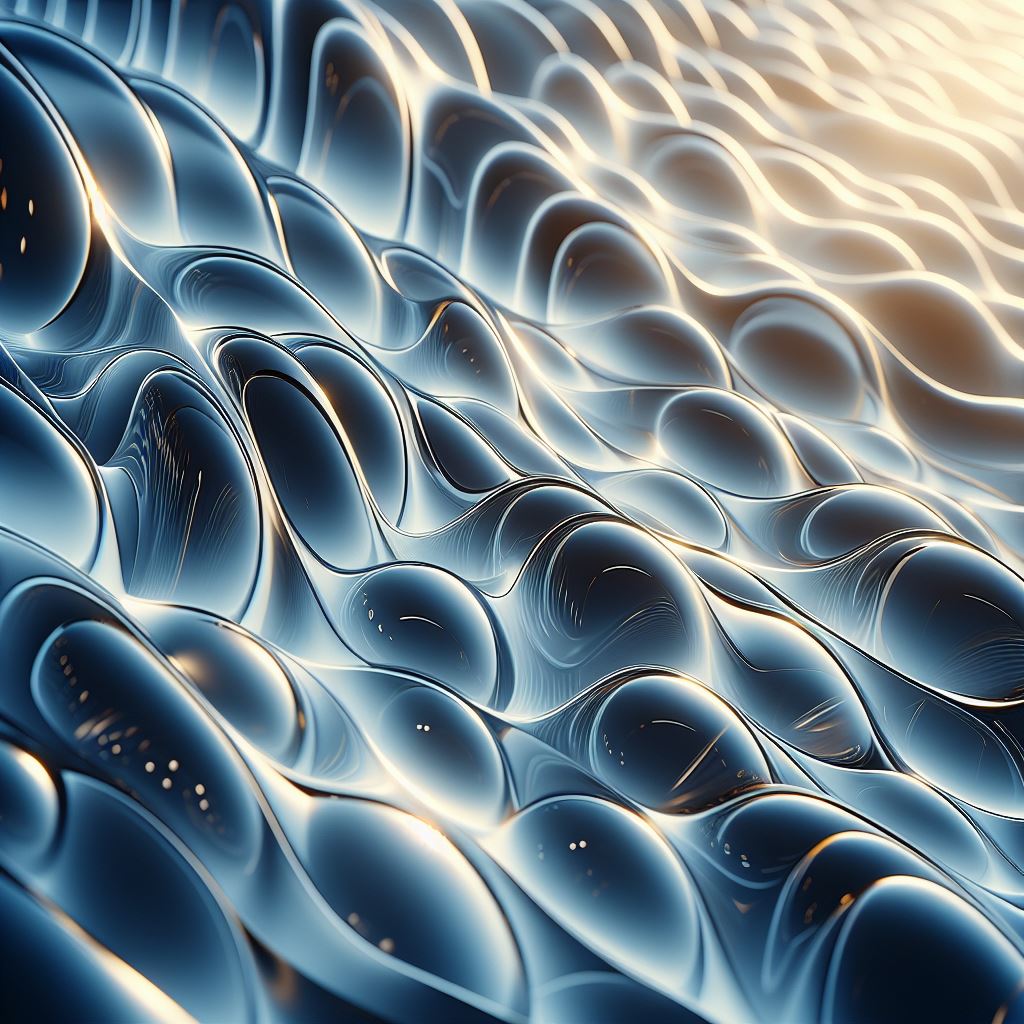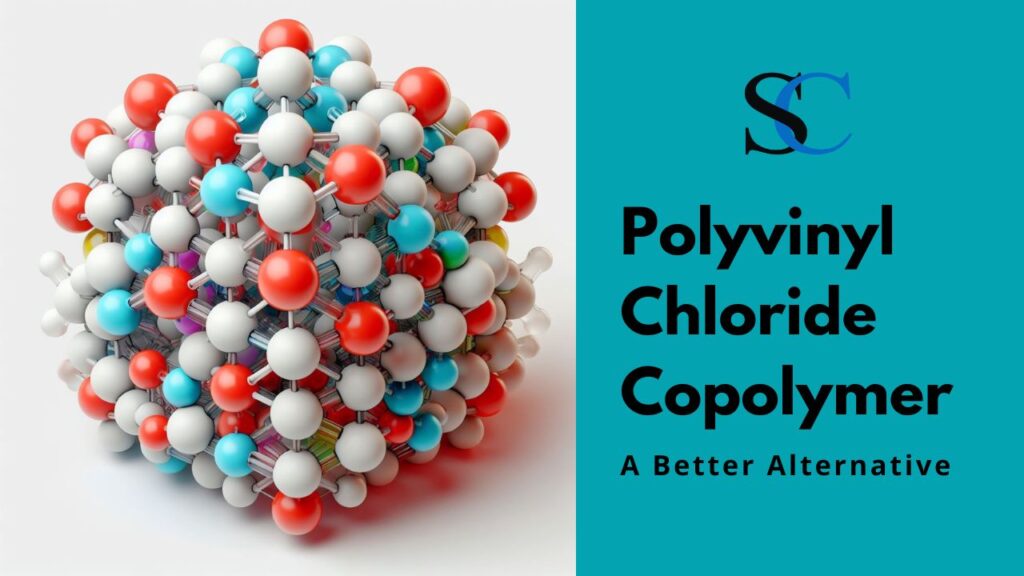100 Polyvinyl Chloride: Polyvinyl Chloride (PVC), that ubiquitous plastic found in everything from pipes to toys, gets a lot of attention. But what about keeping it in tip-top shape? Fear not, PVC enthusiasts! This guide will unveil the secrets to maintaining your 100% PVC items, ensuring they last a lifetime.
Understanding Your 100 Polyvinyl Chloride:
The first step is knowing what you’re dealing with. There are different types of PVC formulations, each suited for specific applications. Knowing the type of PVC in your item (usually indicated by a recycling symbol with a number) will help you choose the right cleaning methods. For instance, the cleaning process for a flexible PVC hose might differ from that of a rigid PVC fence post.
General Cleaning Tips: 100 Polyvinyl Chloride
-
Mild Soap & Water: This is your go-to for most PVC products. Use lukewarm water and a gentle dish soap. Avoid harsh chemicals like bleach or ammonia, which can damage the surface and potentially weaken the PVC over time.
-
Warm Water Rinse: After cleaning, give your PVC a thorough rinse with clean water to remove any soap residue. This ensures no soapy film remains, which can attract dirt and grime.
-
Microfiber Magic: Microfiber cloths are fantastic for drying and polishing PVC without leaving streaks. Their soft texture prevents scratches and leaves your PVC items looking shiny and new.
Specific Situations: 100 Polyvinyl Chloride
-
Stains & Grime: For stubborn stains, create a paste of baking soda and water. Apply it to the affected area, leave it for 15 minutes, then scrub gently with a soft brush before rinsing. This gentle abrasive action removes dirt without harming the PVC surface.
-
Mold & Mildew: If your PVC encounters moisture, mold or mildew might develop. Tackle this with a solution of vinegar and water (equal parts). Spray it on the moldy area, let it sit for 30 minutes, then scrub and rinse. Vinegar is a natural disinfectant that effectively eliminates mold and mildew without harsh chemicals.

Prolonging PVC Life: 100 Polyvinyl Chloride
-
Sun Smarts: Excessive sun exposure can make PVC brittle over time. When possible, store PVC items out of direct sunlight, especially for extended periods. This will help maintain the material’s flexibility and strength.
-
Extreme Temperatures: Avoid exposing PVC to extreme heat or cold, which can cause warping or cracking. For instance, don’t leave a PVC hosepipe outside during freezing winters.
-
The Power of Prevention: Regularly wiping down your PVC items with a damp microfiber cloth will prevent dirt buildup and make cleaning easier in the long run. A quick wipe-down removes dust and grime before they have a chance to accumulate and become stubborn stains.
Beyond Cleaning: 100 Polyvinyl Chloride
-
Lubrication: For moving PVC parts, like window tracks or shower door rollers, use a silicone-based lubricant to ensure smooth operation. This reduces friction and wear, preventing parts from sticking or grinding.
-
Repairs: Minor cracks or chips in some PVC items can be repaired using PVC cement specifically designed for the type of PVC in question. Always follow the manufacturer’s instructions for proper application and safety precautions. Remember, attempting a repair with the wrong type of cement could further damage the PVC.
Remember: When in doubt, consult the manufacturer’s care instructions for your specific PVC product. With a little TLC, your 100% PVC items can stay strong, functional, and look great for years to come! By understanding the material and following these simple maintenance tips, you can ensure your PVC items become long-lasting companions in your home or around the yard.



